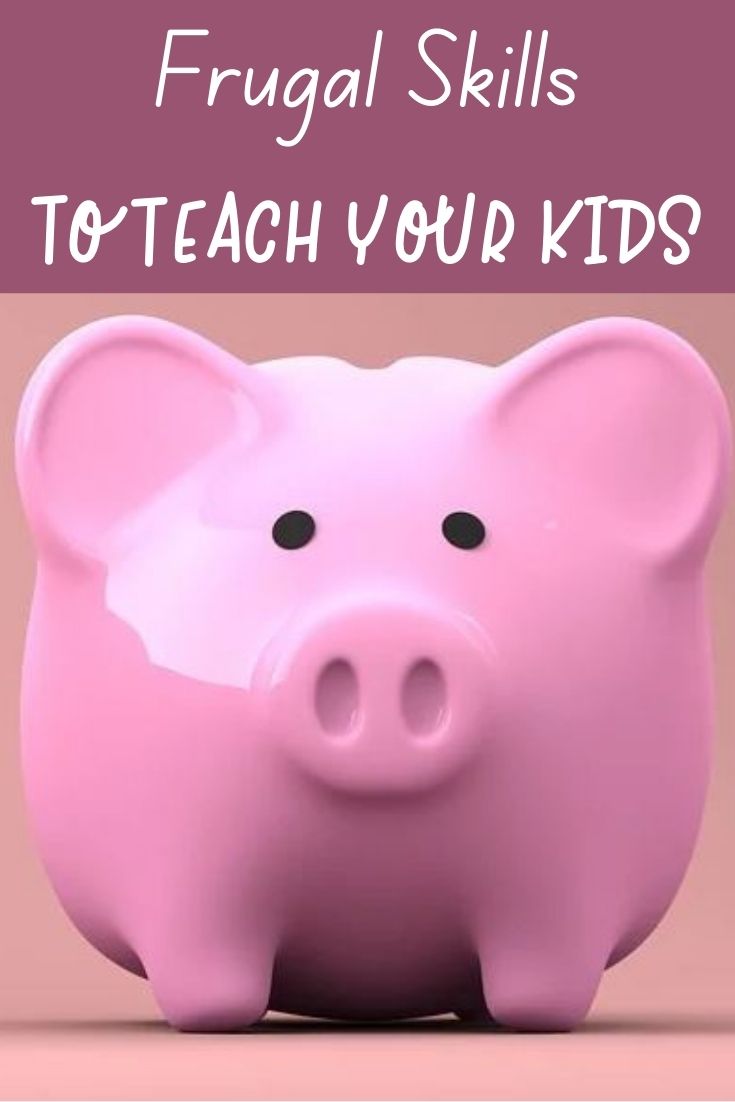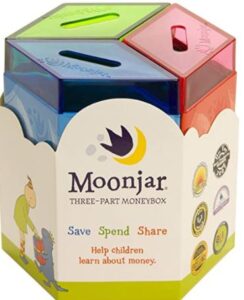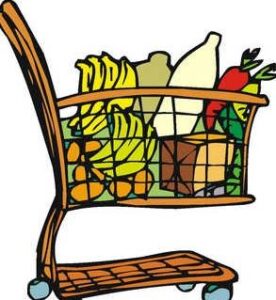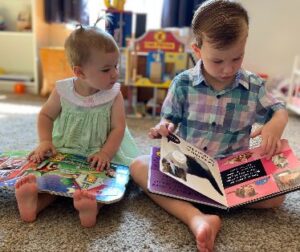This post may contain affiliate links. Read our disclosure here.
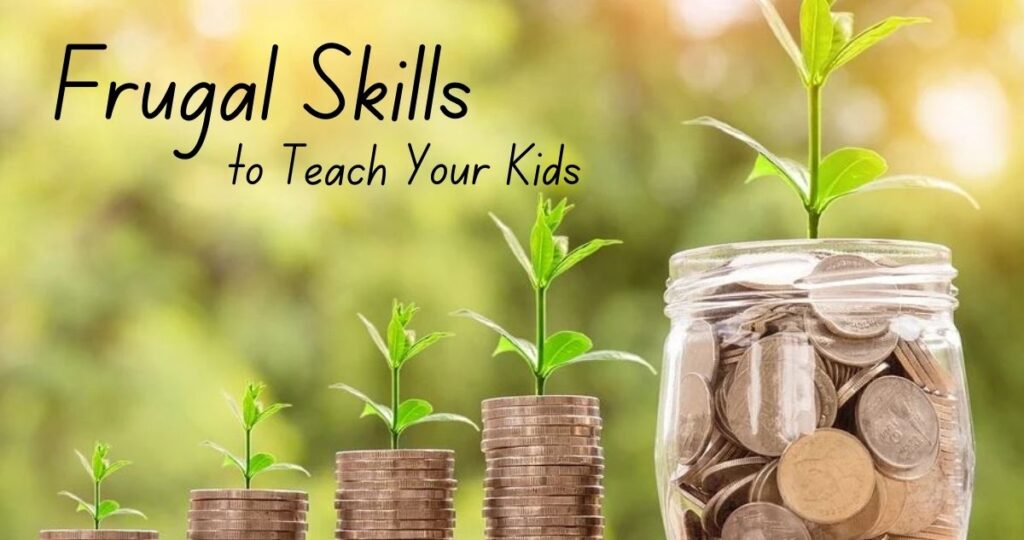 We teach our kiddos to tie their shoes, read, and ride a bike but don’t forget to include life lessons on frugality! No need to go overboard with this though. Rather than a lecture, leading by example and including hands on activities can drive the point home.
We teach our kiddos to tie their shoes, read, and ride a bike but don’t forget to include life lessons on frugality! No need to go overboard with this though. Rather than a lecture, leading by example and including hands on activities can drive the point home.
Price Comparison/Deal Hunting- Older kids can find deals better than some adults! If they have things they want then put them to work finding their own bargains. I’ve seem some mama’s offer them the money they saved… while I don’t think I’d be that generous, I am more willing to buy something if I know you’ve put effort into using my money wisely. This not only gets them busy helping, but it’s also teaching them valuable skills.
Set an Allowance – There are two rules of thought on this. You can do chore based allowance where your child gets paid if they do their chores. If they don’t do the chore, this is their choice but they won’t get paid. There is also the method where a child has to do extra chores to earn money on top of their weekly expectations. For example, they must make their bed but if they pull weeds, they could get paid for that.
If you’re wondering how much to give for an allowance, an idea could be to give $1 per year of the child per week, but the amount is up to you! Whatever method you choose, the spend, save, give method to handling the money is a popular approach. As an example, your child could save 20%, give 20% and spend the rest on the item of their choosing. The Moonjar can help with this while bringing “the concepts of responsible money management to life.” This can also be a great way to teach them to “save up” for a big purchase or how to decide if a specific purchase is worth it or not to them.
Let Them Decide How To Spend Their Money – I would much rather my child make an unwise purchase with their birthday money than make an unwise decision with their 401K. For this reason, if my child has been saving up their money for a metal detector but decides to spend it on a popcorn at the movie theater instead, I’m going to let them. I want them to feel that disappointment in the small things instead of later on in the big things. I definitely may remind them of what they are saving for but I won’t stop them from the bad choice.
Buy Secondhand Products- Take the kiddos shopping to consignment stores, yard sales and shop store sales. When shopping for their clothes or other items, let them see how much more they can get secondhand vs buying new.
Take Your Kids Grocery Shopping- This is not always the easiest one to achieve! It can be daunting taking the kiddos into the grocery store, but the learning opportunities are endless. Have them compare prices with you, play I-SPY with BOGO sale tags, have them count out the money and hand to the cashier if they are old enough, let them have their own coupons to give to the cashier, etc.
Let the kiddos help you coupon– Grab the kiddos and have them help you cut coupons! This is great for teaching scissor skills with the younger ones. It keeps them busy and helps you too! In fact, my girls learned to cut by cutting coupons. Give younger kiddos expired coupons so they can feel like they are helping without causing you too much stress.
For the older ones, I usually print out everything we need and then hand over the freshly printed coupons for the older girls to do all the cutting. You can also let them create and maintain their own coupon folder. Get a small coupon organizer and then let them organize and keep any coupons they find in the store, or for younger kids give them expired coupons as you clean out yours. They love to do anything that you enjoy when they are little and now feel just like mama, but as they get bigger and hold on to real coupons, they will love having some responsibility.
Get a library card- Have your child sign up for their own library card. Instead of buying a new book or movie, take the kiddos to the library where they can find free entertainment items. It can teach responsibility too when they check out with their own library card and have to keep up with their materials depending on the age. If you’re child wants a new book, you can look up that book online with them to see the price at the store, then see if your library has a copy. You can point out how much was saved if the library has that particular book and they can be in charge of their library books when they do check out their own!
For the older kids, this book Smart Money Smart Kids by Dave Ramsey is a great resource to help introduce more in depth money-saving principles and skills.
